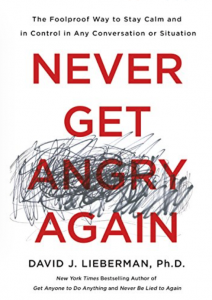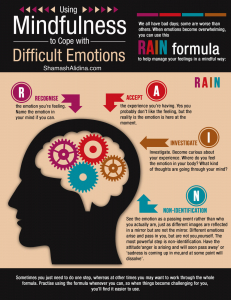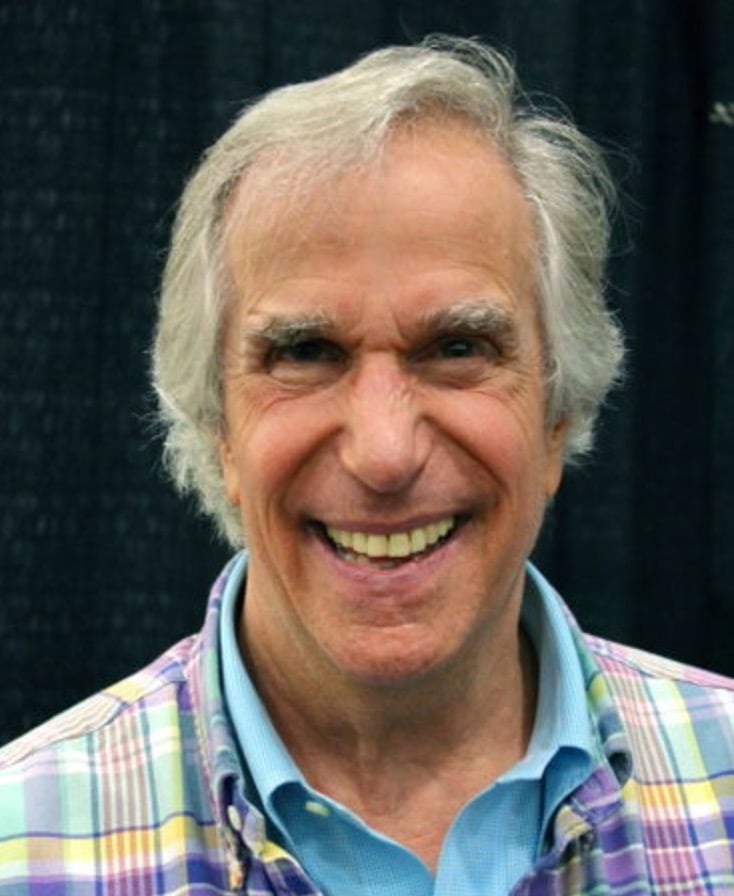 If you meet Henry Winkler today, one of the last words to come to mind would be the word “anger.” Yet anger is what Henry battled with for years because of his experiences in school before dyslexia was recognized….
If you meet Henry Winkler today, one of the last words to come to mind would be the word “anger.” Yet anger is what Henry battled with for years because of his experiences in school before dyslexia was recognized….
Henry wasn’t allowed to graduate with his class at a private high school in New York City because his grades were poor and he hadn’t been able to pass a Geometry class. In fact, he only received his diploma after taking the class 8 times in a row and finishing with a D minus.
“All of that humiliation, and all of that frustration, and all of that lack of self. I thought, ‘What, am I the only one who’s not getting this? This is crazy.'”
Today, Henry says that the two words he tries to live by are tenacity and gratitude. “Tenacity gets you where you want to go, and gratitude doesn’t allow you to be angry along the way.”
Henry spent many years worried because he felt “less than.” Now his passion is speaking to schools and families about the importance of recognizing dyslexia and focusing on students’ strengths and self-esteem.
“I’m now thinking that not only do we have to teach children how they learn and not how we think they should learn, we also have got to have a class every day that teaches self-esteem because without that everything else is poop. I’m starting to think, and I bet so many people are way, way ahead of me, that a child’s self-esteem is the beginning and the end of living.”
 Recently, a community member recommended the book, Never Get Angry Again, by Dr. David Lieberman.
Recently, a community member recommended the book, Never Get Angry Again, by Dr. David Lieberman.
In it, are many common sense principles that can help the process of getting beyond anger.
David: “Studies show that our tendency to avoid the pain inherent in taking responsibility of our lives is at the core of anger, and is central to nearly every emotional ailment, including anxiety, depression, and addiction.” As a result, David says, broadening one’s perspective and accepting truths about oneself (for example, “I have failures and successes”) and about others (“I cannot control what others say or do”) leads to positive emotional health.
Big Picture Strategies
– Find the real reasons you are angry
– Choose your reality
– Make sense of pain and suffering
– Make peace with the past, for good
– Do the right things and enjoy being alive
– Reclaim yourself and redefine your boundaries – learn how to talk with people who don’t listen or have successful relationships with impossible people
– Change your self-concept and change your life
– Practice Gratitude
A handy acronym for dealing with difficult emotions is RAIN (this was originally developed by Michelle MacDonald).
R: Recognize the emotion you’re feeling.
A: Accept the experience without trying to change it.
I: Become curious about this experience and why it might be happening.
N: Not-identify. Try to disentangle yourself from the experience. See the emotion as a passing event that is separate from you.

To Learn More:
https://www.theatlantic.com/education/archive/2015/02/the-miseducation-of-the-fonz/385103/
https://www.psychologytoday.com/us/blog/your-wise-brain/201405/let-it-rain















